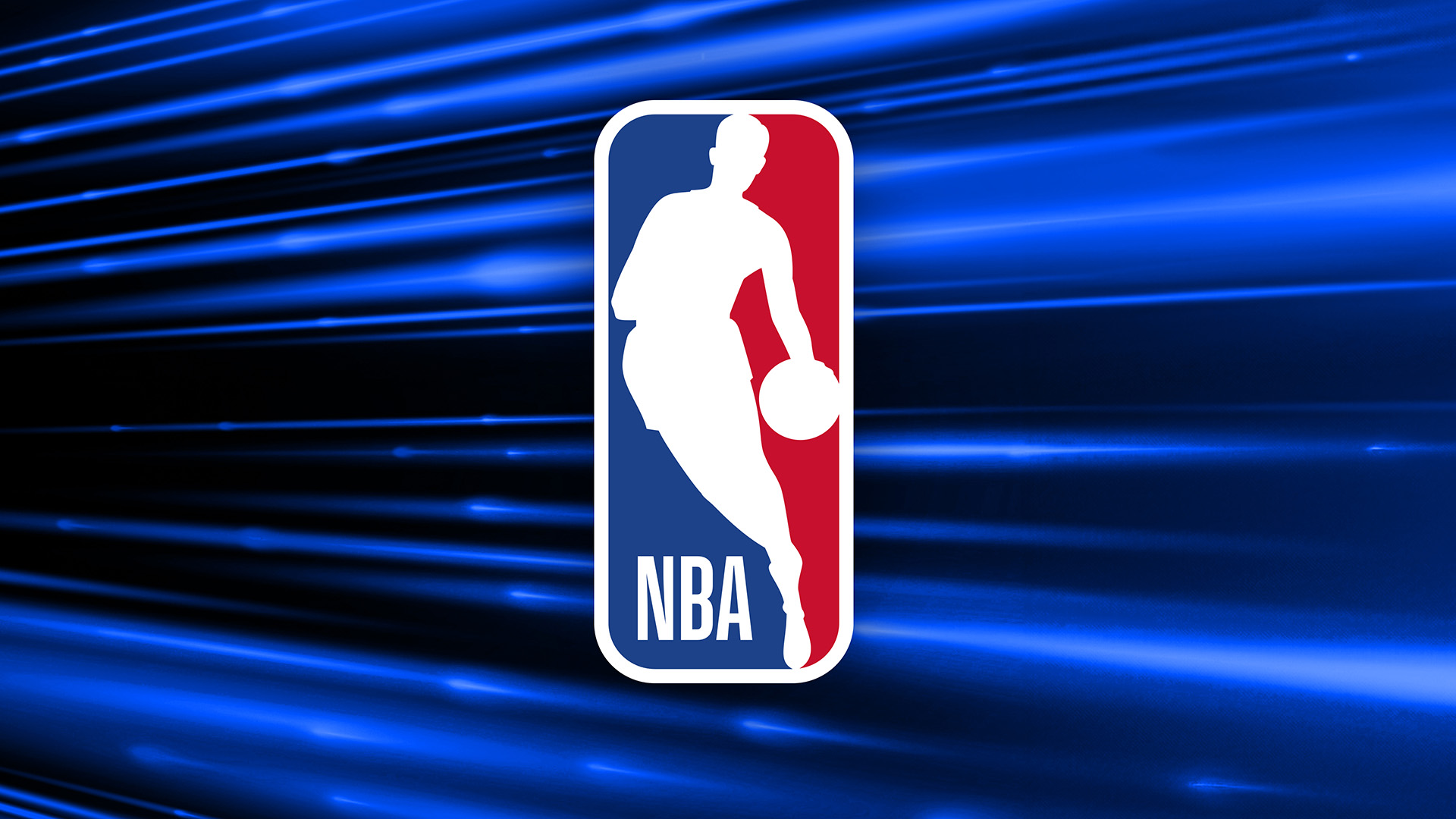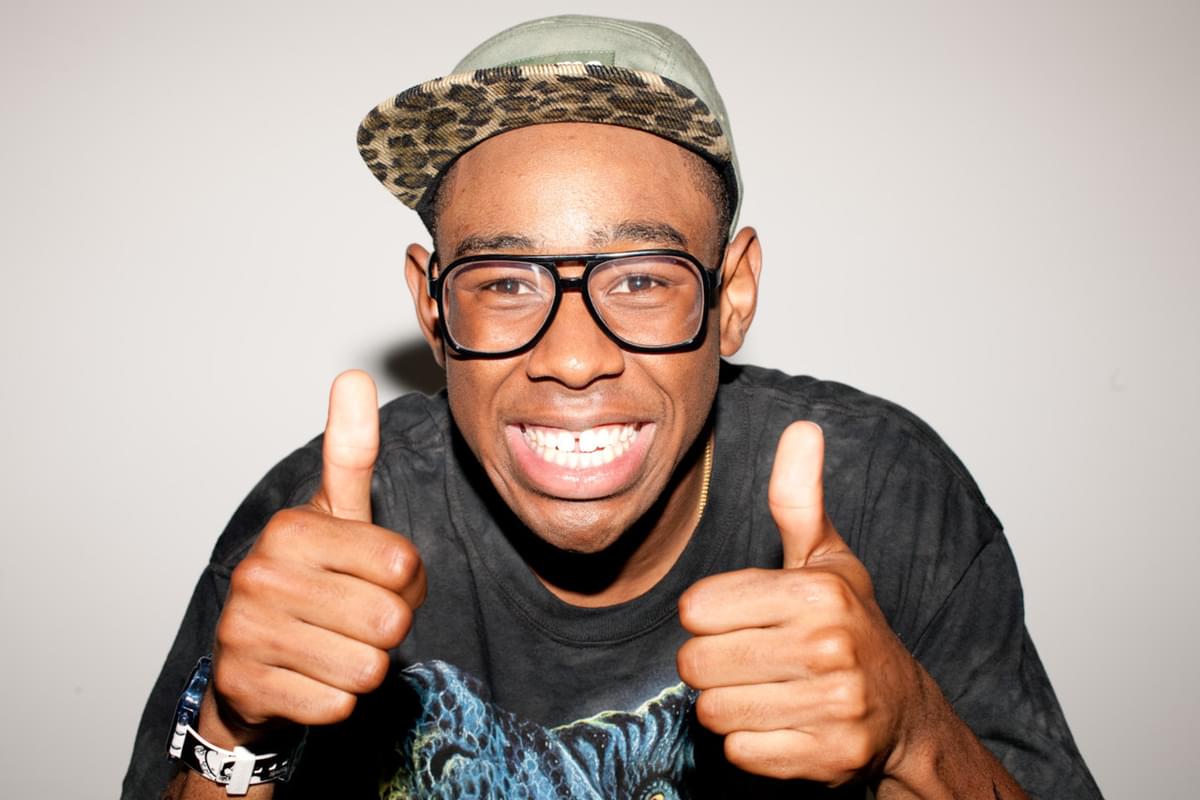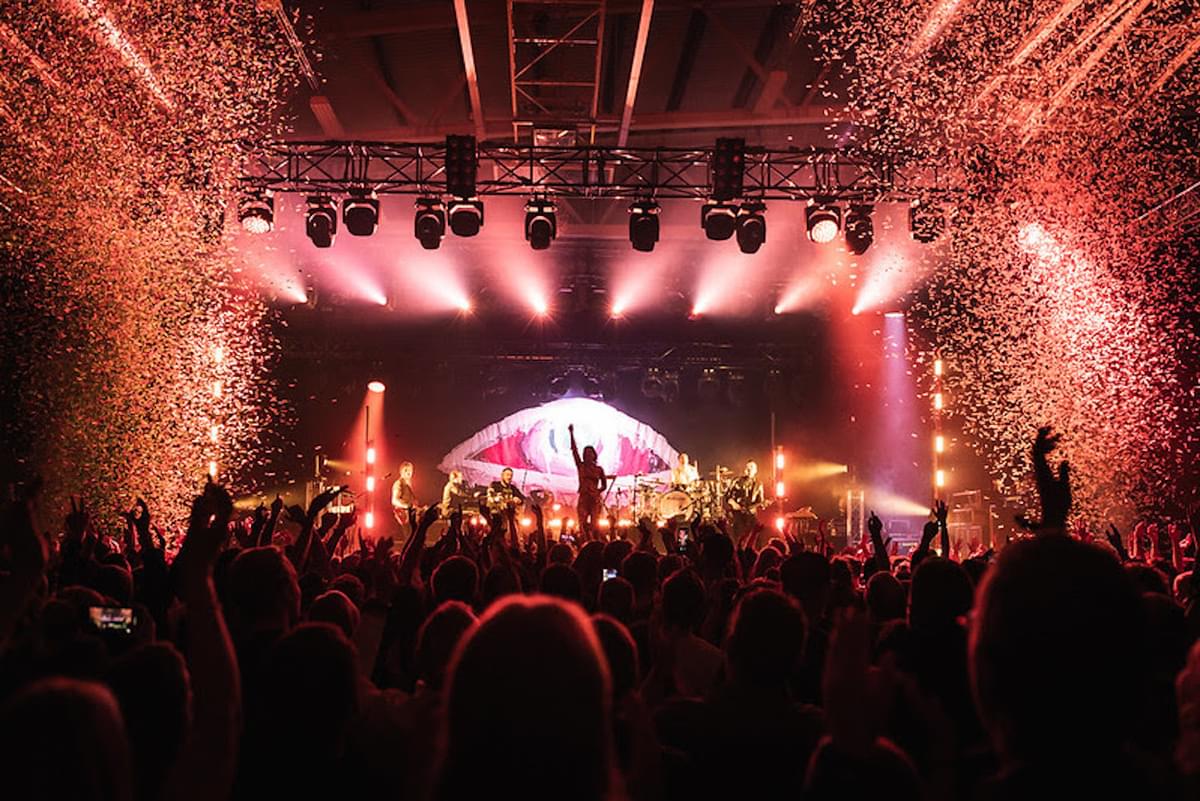By 2016, Ian Kelly figured he was pretty good at the whole rap thing, but he wasn’t quite as sure as Rapsody was. After hearing him spit at a special exhibition, the Grammy-nominated spitter gave him a pep talk he didn’t know he needed.
“She pulled me to the side and said, ‘Do you know how special you are?’,” Kelly remembers. “I was like, ‘No, I think I'm still learning.’ Then, she said, ‘The moment you do, things are going to change for you.’”
If Kelly didn’t get the realization then, it was shortly after. From there, a vetting process ensued and he was signed to 9th Wonder’s Jamla Records in 2018, signifying the true beginning of his professional rap career.
Since then, Ian Kelly’s been getting bars off while shifting between his day job as a therapeutic behavioral specialist and an aspiring rap star. While he left Jamla in 2022 — he dropped a respectable, if raw debut for the label in 2018 — he hasn’t let up. This past September, he resumed his rap journey with A Summer Pack With Love, an EP coated in nimble rhymes, feel-good melodies and spurts of autobiographical detail, it’s further proof that Rapsody had a point. It’s also just a prelude to more.
Chopping it up with Okayplayer for First Look Friday, Ian Kelly discusses his inspirations, Oakland upbringing, his day job and more.
Okayplayer: What is the most important thing you learned from Oakland?
Ian Kelly: To be honest, it taught me how to really hustle as an independent artist and get out here and get it. There's so many of us out here that really are trying to get our name on the map. You see so many people with creative ways in which they promote themselves, get the music out here and I think that's definitely embedded here. So that's one thing I highly appreciate from here is just it taught me how to hustle, especially in a room full of hustlers. You gotta out-hustle all of them.
I learned at a young age really just kind of how to work. There were times where my dad would let me work with him. I'd be 11 or 12 just doing stuff for him and working in his office.
You mentioned your father. Can you break down some of what you two did together?
He was a mortgage broker, so when I was growing up, I got to see him work. At first he had a cleaning company, so he was going around cleaning buildings and everything and my mom and him were working these night shifts and bringing me with him all while he was learning. When he finally passed all the tests he needed to pass, became a mortgage broker. That's when he used to work in the office. I just used to always see him work, but he would be working for other people and that was something else that showed me to acts of service. He was always about helping other people.
If you had to describe your sound for someone that’s never heard of you,
I would definitely say I’m cut from the cloth of a Lil Wayne. I listened to Hov when I was growing up, I definitely listen to ’Pac. I definitely listened to Too Short. 50 Cent was definitely influential for me at one point. I'm not going to hold you, the moment I heard Kendrick Lamar, I actually had a thought in my head and when I heard it I'm like, ‘Yeah, somebody like him is actually going kick in the door for somebody like me.’ Him being from Compton and me being from Oakland, I'm like, ‘Okay, it connects with me.’
So you were signed to 9th Wonder’s Jamla Records. When did that come into play?
Jamla came into the picture around, I want to say 2016 is when Jamla came into the picture. I was part of a collective based in Oakland and we went out there, one of the other artists at the time who was on Jamla was GQ. GQ brought us all out there. We got the meet ninth for rap and I just got to showcase myself and it was a moment where rap heard me rapping and then she pulled me to the side and was like, ‘Do you know how special you are?’ I was like, ‘No, I think I'm still learning.’ Then she said, ‘The moment you do, things are going to change for you.’ That was my introduction to Jamla.
Being around 9th Wonder and Rapsody is amazing. What was it like getting to learn from them?
Man. Some of the best lessons I learned was that it takes a lot of work and it takes time. 9th used to say something about it's a seven-year type of situation with anything that gains traction or anything that has any relevance. And when I look at it and just look at anybody who is successful, it makes sense when you look at anybody's story who has made traction in their career, it didn't happen overnight the way you just think it does. It really took some time and they really been at it for a minute.
I was over there right before Laila’s Wisdom dropped and she got a Grammy nomination. It was interesting seeing that and peeping the work ethic. Rap used to be in her car, answering phone calls for two hours straight [for] different meetings, and then come and recording for the next three, four hours and then sliding off to pick up her nephew to go to practice.
You’re no longer with them. Why did you leave?
I could just tell where I had my own vision and there was a time period where I don't think 9th shared that same vision. And it's okay, people have creative differences and different perspectives. But, for I saw for myself, I had to attack it now and I had to go ahead and get it. And I believe he was in an old mind state of how music works. And he was like, “Nah, wait, wait.” And I just think we're in a game where people, you gotta gain traction first. Even with the TDE approach. I feel like a lot of their artists gain that traction first and then we can actually sit and wait and then they give us masterpieces. I understand that formula, but there's the first key initial part, you gotta kickstart and get it going. So I just had to kind of jump off the porch.
If you weren’t a rapper, what would you be?
If I wasn't a rapper, I'd probably be doing my job. I'm a therapeutic behavioral specialist, so I know I pretty much would definitely be in the field working with my community, trying to create some type of advancement in some type of way for the youth that we could provide some more help out here. I think I'd be doing that and no lie, I would have some type of side hustle just knowing myself.
That sounds really cool. What does being a therapeutic behavioral specialist entail?
We work with youth and actually help them if they have certain target behaviors and have certain situations going on, whether it's in the school community or home. We help give them adaptive behaviors. So let's say a kid likes to cuss people out when they're getting upset, but also they have a passion for drawing or have a passion for creation. We find ways to go ahead and implement that to help them out.
Like all right, be well when you get upset, how about you go ask your teacher to go ahead, take five minutes of time. We are going to give you this coloring book real quick. Let's talk about this real quick. Or all right, we see how that didn't go your way. Let's find a different way to get what you really want. You want some attention, but why do you want the attention?
Or you want the attention because you really want help with this problem, but you don't know how to give work with this math problem. So you're showing out in class, but let's work through it. I think that's been a beautiful job to have because I really get to come in with therapeutic knowledge and get to help them work it out that type of way. Don't try to come in as a parent, don't want to try to come in as another teacher, was simply just somebody there that's really there to help give them game and help them stay calm.
So you’ve essentially got two careers. What are your goals for them?
As a rapper, the scale is very wide. I could sit and be a Curren$y and get a cult following and really be good with making ’round like $200k a year doing what I love to do and actually be happy. But in the same breath, I also have this deep feeling in me that feels like I could be a household name with the way I can just go about different things as an artist. And it's just a feeling I have internally. As a therapeutic behavioral specialist, I just want to make sure that we're really helping out all these different types of adolescents and youth that come across our path. I think one of the best feelings was that there was a time period where I was working here and then I left the job and was just strictly an artist and I came back.
But during the time period where [I left my job to rap], there were kids who I used to work with that found me and they were always were just like, “Man, we just appreciate all the words you gave us and we just appreciate how you were this honest and we appreciate you being there.” And it just shows that these kids remember that. Even on the days where you think they’re not paying attention to you, they soak it up. And I think that's important to know that and to keep on passing that along. Once again, we are tribes in so many different ways and we don't get far going against each other all the time. We've got to come together.

 1 week ago
11
1 week ago
11


















 English (US) ·
English (US) ·